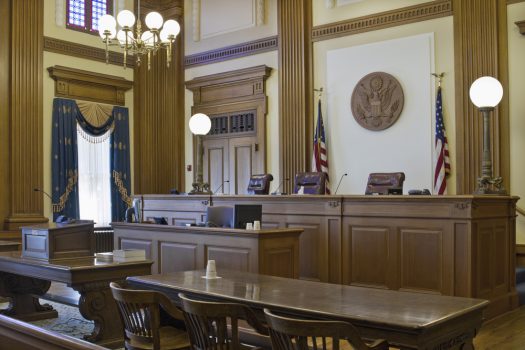In Grabowsky v. Twp. of Montclair, the Supreme Court of New Jersey held that municipal officials could be disqualified from voting on redevelopment matters if they belong to organizations that may be impacted by the project. Under the newly established conflict of interest rule, when a public official serves in a substantive leadership role in an organization that brings or opposes a zoning application or that is the owner of property within 200 feet of the property in dispute, he or she is precluded from voting on the matter.
The Facts of the Case
The dispute centers on a single-parcel redevelopment area located at 63-65 Church Street in Montclair (Church Street Lot). In 2012, the Township of Montclair adopted Ordinance 0-12-28, which amended one of the town’s redevelopment plans to include an assisted living facility as a permitted use for the Church Street Lot. Plaintiff Richard Grabowsky filed an action in lieu of prerogative writs against the Township of Montclair and the Planning Board, challenging the validity of the Ordinance.
Among other allegations, Grabowsky asserted that Mayor Jerry Fried and Councilman Nick Lewis should have been disqualified from voting on the redevelopment ordinance. In support of that argument, he cited the fact that both Fried and Lewis were members of the Unitarian Universalist Congregation Church located next to the parking lot to be redeveloped. Grabowsky also cited New Jersey statutes that require notice to property owners within 200 feet of a site subject to zoning changes, N.J.S.A. 40:55D-62.1, and a site plan adoption, N.J.S.A. 40:55D-12(b).
The trial court dismissed the suit and the Appellate Division affirmed. While the appeals court acknowledged that disqualification is required when the official’s “direct or indirect private interests may be at variance with the impartial performance of their public duty,” it found that any potential benefits the church might obtain from the redevelopment were “far too speculative for consideration in determining whether Fried and Lewis had a disqualifying conflict of interest.”
The Court’s Decision
The New Jersey Supreme Court disagreed. Applying the Municipal Land Use Law (MLUL) and the Local Government Ethics Law, it found that a conflict of interest may have disqualified Fried and Lewis from voting on the challenged ordinance.
The court declined to adopt a bright-line rule under which the interest of a church or other organization is automatically imputed to all of its members. Rather, it established the following test: “When a church or other organization owns property within 200 feet of a site that is the subject of a zoning application, public officials who currently serve in substantive leadership positions in the organization, or who will imminently assume such positions, are disqualified from voting on the application.“
In reaching its decision, the court emphasized that its conflict of interest rule is narrow and should not deter public officials from becoming involved in private organizations. “In the rare circumstance in which public responsibilities and volunteer commitments conflict in a land use dispute, the public official should refrain from involvement in the matter. With careful attention to the potential for conflicts between public responsibilities and private affiliations, officials may effectively assist organizations and preserve public confidence in the integrity of local government,” the court explained.
After determining that issues of fact existed, the court remanded the case to the trial court to determine whether former Mayor Fried and/or Councilman Lewis served or were about to serve, in substantive leadership positions in the adjoining church when the ordinance first passed.
For more information about the court’s decision or the legal issues involved, we encourage you to contact a member of Scarinci Hollenbeck’s Government Law Group.

